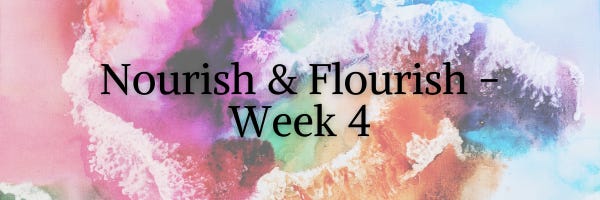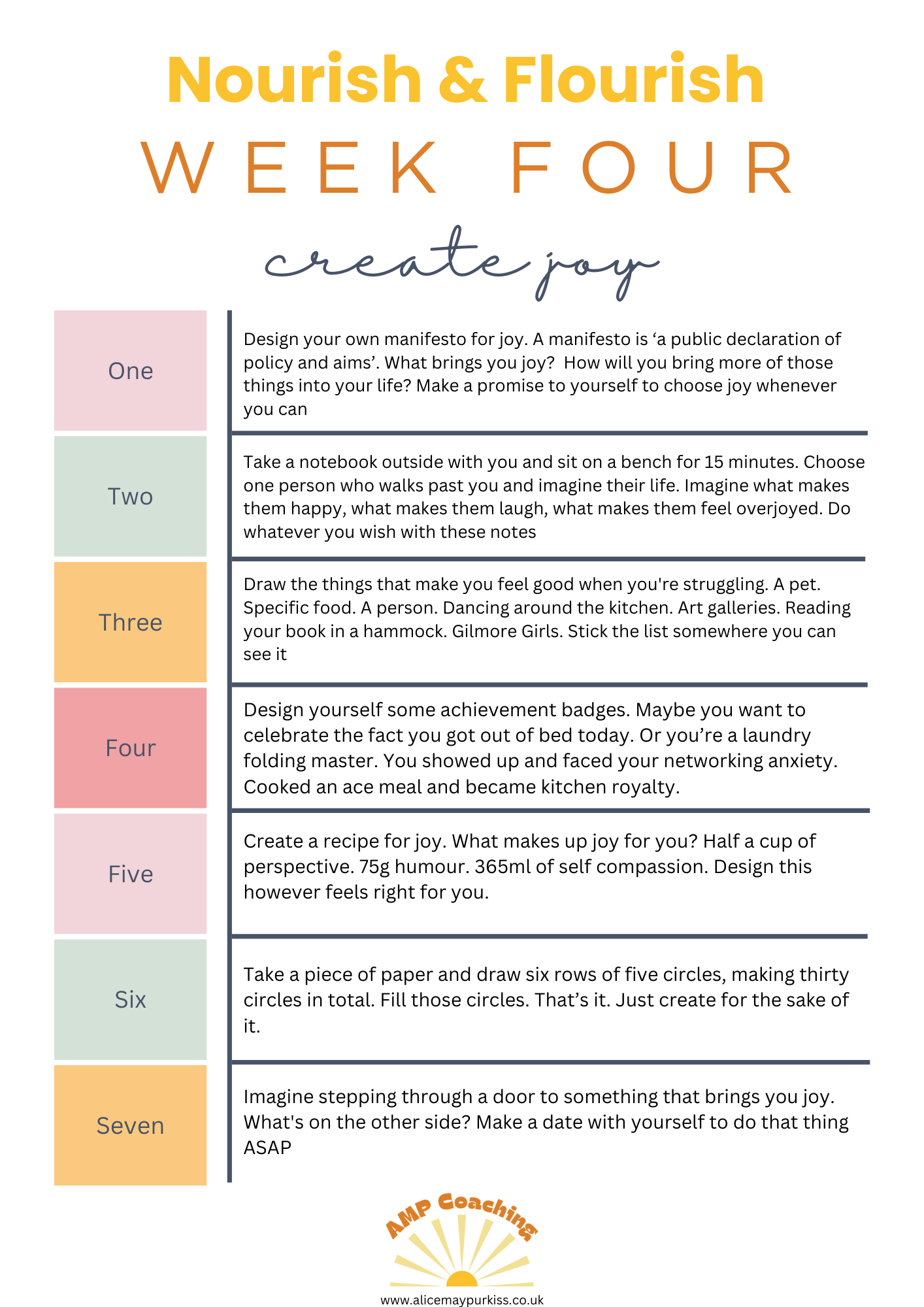For the Curious: Four questions you should ask before you get a coach (or therapist!)
and a GREAT podcast recommendation
I remember the first time I realised I needed a bit of extra support. I’d been feeling sad for a long time. But the feelings of sadness were getting longer and deeper. And so I decided I’d speak to my GP. I was told I was probably depressed and I was referred to a specialist for cognitive behavioural therapy (CBT). I met Steve for eight sessions and explored some ways to make my brain slow down a little and stop myself from excessively ruminating.
Since Steve, I’ve seen another CBT practitioner, two specialist cancer care counsellors, three different therapists and two coaches. Much of this was supported by the NHS, but lots of it was also self-funded. I still have therapy once a month and I’m lucky enough to be able to afford to pay for it myself. And pretty much every interaction I’ve had with those people, those tasked with dealing with my brain and thoughts and secrets and feelings, has been positive. But that’s not the case for everyone.
I've been listening to the Dangerous Memories podcast and I have a ~LOT~ of thoughts. Dangerous Memories is about a therapist/coach/self-styled 'healer' who was accused of, essentially, mistreating of those she worked with on a massive, MASSIVE scale.
According to the podcast (and The Metro amongst other sources) many of Anne Craig’s clients found themselves completely isolated from their friends as a result of their work together. One of those women, Huey, claims that Anne would tell her that if she ever stopped “the work” she would be raped, get cancer or find herself in some other awful situation. Anne had a reputation for being an ‘amazing spiritual healer’ but the reality of the things Huey, and other clients of Anne Craig, experienced at the hands of this woman are pretty bloody awful.
Huey told The Metro:
“Anne had a very good knack of seeing what’s vulnerable in each person, and playing on that. When you tell someone all your fears and secrets and you’re met with compassion and warmth, and you’re told that they heal you and that you will have this amazing life afterwards, when you’re young and impressionable – it’s very appealing. I had never met anyone with as much conviction and confidence, who claimed to have all the answers. And I wanted that guidance. I had no idea she was brainwashing me.”
Listening to the podcast, one of the things that struck me was not only how awfully it sounds like this person treated her clients (and honestly when you listen, you’ll be flabbergasted too), but the distinct lack of regulation in and around coaching and even therapeutic interventions.
I knew that coaching was unregulated (and that's why I was determined to get myself an accredited qualification and be part of an organisation with a code of ethics which I'm bound to - shout out to the EMCC) but I, naively, didn't realise the same was true about therapy. Turns out anyone can call themselves a therapist or a counsellor. In 2020 the government announced that they had no plans to introduce the statutory regulation of counsellors and psychotherapists. Anne Craig called herself a therapist, healer, coach - with no qualifications to back up these titles.
I've been very lucky to have some excellent therapists over the years. And all of those I've worked with have qualifications and are part of BACP (British Association for Counsellors and Psychotherapy) or similar. It chills me to the bone that there could be people out there taking advantage of those who are sharing their secrets and deepest feelings to people who could take advantage.
And it's the same with coaching. You don't ~need~ a qualification to be a coach. Any Tom, Dick, Harry or Barbara could be one. But to work effectively with a coach, you, as the client, have got to be able to trust them. You've got to be able to be honest with them. You've got to know that, while they might challenge you and while you're in the driving seat, ultimately, they've got your back.
If you're ever in a situation where you're sharing parts of yourself with someone in a professional capacity, so that they can 'help' you, I think it's important to know they know what they're doing. So here are four questions to ask yourself (and your coach or therapist) before you engage in a working relationship to them.
Check their credentials - are they part of any professional bodies? The BACP is one of the UK's largest professional bodies for counselling and psychotherapy, while the EMCC, AC and ICF are good places to start for coaches. When you’re part of a professional body, there’s a code of ethics you have to abide by. It means that clients are protected and there’s a complaints procedure should they ever need it.
Do they have qualifications? I did a 16 month diploma to ‘qualify’ as a coach. The course was accredited by the EMCC and I had to write a portfolio, undergo supervision and demonstrate a range of continuing professional development. I still have to take supervision and I still continually work my professional development. Both of these things help me be a better coach.
Are they selling you the sun or something actually achievable and attainable? If someone’s selling you the sun, it’s usually too good to be true. There’s a lot of work that happens in coaching and therapy sessions and LOTS can be achieved - but if someone is promising you outrageous results, they’re probably not (IMO) legit.
Do you trust them? And is that trust well placed? Do they deserve it from you? If you don’t trust them, for whatever reason, it’s not a relationship which is going to work. You’re not going to get what you want out of it, because you won’t feel psychologically safe. If you don’t feel psychologically safe, you won’t take the risks you need to to change, and they won’t be able to support you to do so.
Qualified therapists and counsellors can be found on BACP's website. Coaches (in the UK) should either be EMCC ICF accredited. And they should be able to share a code of conduct with you if you ask them to. Look after yourself - you're a precious object and if you're being supported by someone to do 'the work', make sure it's all above board.
/end sermon.
PS - listen to the podcast and let me know your thoughts?
It’s the last week of our creativity challenge. Over the last few weeks, I’ve shared 28 lil challenges to help you get into the creative spirit. Whether you’ve tried one, ten or none, I hope this series has reminded you that you can tap into your creativity whenever you want and that it’s hugely beneficial to do so.
Here are your last seven challenges. As ever, LMK how you get on with this week’s tasks. I’m particularly looking forward to exercise four!








